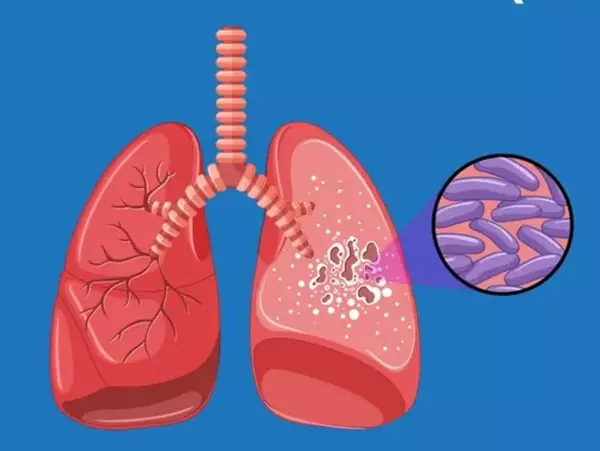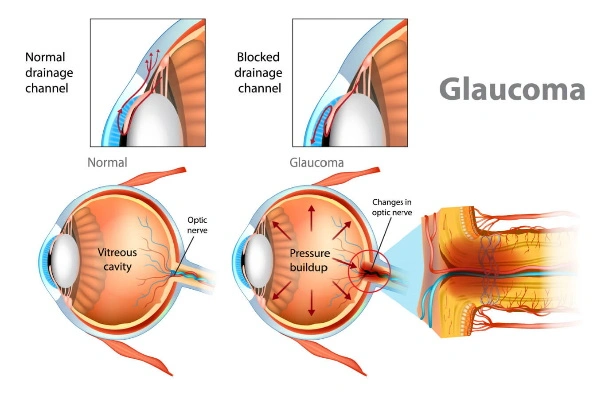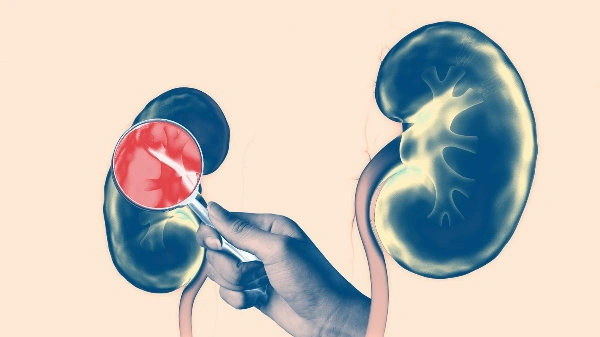Tuberculosis genes

If you tested your DNA with a personal genomics service like 23andMe, AncestryDNA, FamilyTreeDNA, MyHeritage or another testing company, you can learn more about your risk factors for hundreds of diseases. By clicking the button above ⬆️, you can upload your raw DNA data file and receive a personalized 250-page health report with research links that is the most comprehensive.
The bacterium Mycobacterium tuberculosis is the culprit behind Tuberculosis, an infectious disease. The relationship between this agent and its human host has been linked to genetics, with a subgroup of people exhibiting Mendelian Susceptibility to Mycobacterial Diseases (MSMD) - rare conditions that make individuals more prone to contracting mycobacterial infections due to inherent genetic defects.
Previous investigations through early case and twin studies have suggested the significance of genetic factors in determining susceptibility to M. Tuberculosis infection among hosts. Recently conducted Genome-wide association studies (GWAS) revealed three places where genetic risk loci could be identified, namely at positions 3q23, 11p13 and 18q11. Although GWAS usually unveil variants with moderate effect sizes, insights obtained from these researches indicate that TB has a high polygenic heritability rate signifying multiple genes are involved in causing this disease. Further extensive investigations can reveal more alleles regarding this issue which currently is only limited to few discovered by previous surveys having potentially significant implications for finding better solutions against tuberculosis spread out around different parts of the world..
Mycobacterium tuberculosis (MTB) is responsible for Tuberculosis (TB), which poses a significant challenge to global public health as approximately 1 in every 3-4 people are infected with MTB. However, only a small percentage of those afflicted by MTB actually develop active TB disease - less than 10%. In the year 2014 alone, there were around9.6 million freshly diagnosed cases and coinfection due to human immunodeficiency virus led to12%of these instances.Additionally, deaths attributed specificallyto TB amounted up to an estimated total of1.4 million fatalities during that same time period.
At first, tuberculosis was believed to be a hereditary illness because it was discovered that family members of individuals with TB had greater chances of contracting the disease than non-related close contacts. Studies on twins indicated an estimated agreement in TB among monozygotic twins at about 32-62%, and between dizygotic twins around 14-18%. Based on these findings showcasing familial connections and reduced concordance as relatedness decreased, genetic investigations were carried out to identify genes linked with TB.
Fifteen genes fulfilled the criteria, predominantly exhibiting main effects associations. Nevertheless, every gene included displayed other types of connections beyond main effects. The genetic variants with significant relevance were cataloged according to their gene identity and HLA-DRB1 and VDR had a maximum number of 15 unique studies each focused on them; however except for some South African reports there is no evidence supporting any relationship between HLA and TB in Sub-Saharan communities. Reportedly, rs17235416 SNP manifesting a connection with PTB risk was observed by eight diverse ethnic population-based investigations conducted across various regions but multiple studies exhibited only one specific variant associated with PTB vulnerability whose consistency in direction could not be determined as it differed among different contact researches. Though several haplotype links existed they too were disclosed through singular inquiries which contained most PT-associated such relationships identified under the canopy ofHLA-DRBI-genes - still very few reported on this front from Africa where TB kiils many individuals leading to speculation whether results are heavily influenced due varied factors like genetically modified environments or more exaggerated sanitation issues while malnutrition cannot also always being neglected thus necessitating further study conduction within these populations so poorly represented currently.
Follow the link of the selected polymorphism to read a brief description of how the selected polymorphism affects Tuberculosis and see a list of existing studies.
SNP polymorphisms related to the topic Tuberculosis:
| rs3212227 | IL12B gene polymorphism is associated with psoriasis and tuberculosis. |
| rs3213094 | IL12B gene polymorphism is associated with psoriasis and tuberculosis. |
| rs2057178 | HLA class II sequence variants influence the risk of tuberculosis. |
| rs2853694 | Copy number variation in the IL23R gene associated with susceptibility to leprosy and tuberculosis. |
| rs34536443 | A major variant in the TYK2 gene that significantly increases (90-fold) the risk of developing TB according to studies if a carrier of the minor homozygous genotype is exposed to TB. |
| rs6538140 | A break in the NAV3 gene that increases the risk of susceptibility to tuberculosis. |
| rs40363 | A break in the IL2RB gene that increases the risk of susceptibility to tuberculosis. |
| rs958617 | A break in the IL2RB gene that increases the risk of susceptibility to tuberculosis. |
| rs1075309 | A break in the IL2RB gene that increases the risk of susceptibility to tuberculosis. |
| rs1900442 | A break in the IL2RB gene that increases the risk of susceptibility to tuberculosis. |
| rs1925714 | A break in the IL2RB gene that increases the risk of susceptibility to tuberculosis. |
| rs1934954 | A break in the IL2RB gene that increases the risk of susceptibility to tuberculosis. |
| rs2505675 | A break in the IL2RB gene that increases the risk of susceptibility to tuberculosis. |
| rs3218255 | A break in the IL2RB gene that increases the risk of susceptibility to tuberculosis. |
| rs6676375 | A break in the IL2RB gene that increases the risk of susceptibility to tuberculosis. |
| rs17175227 | A break in the IL2RB gene that increases the risk of susceptibility to tuberculosis. |
| rs2837857 | A break in the DSCAM gene that increases the risk of susceptibility to tuberculosis. |
| rs7947821 | A break in the DCUN1D5 gene that increases the risk of susceptibility to tuberculosis. |
| rs451390 | A break in the C2CD2 gene that increases the risk of susceptibility to tuberculosis. |
| rs181301 | |
| rs447600 | |
| rs586716 | |
| rs692544 | |
| rs1819084 | |
| rs2202157 | |
| rs2569254 | |
| rs3213102 | |
| rs3213119 | |
| rs3867218 | |
| rs4971014 | |
| rs5928363 | |
| rs6575836 | |
| rs6871626 | |
| rs7449177 | |
| rs12283022 | |
| rs12294076 | |
| rs13411512 | |
| rs17217757 | |
About The Author
Li DaliLi Dali, a National Foundation for Outstanding Youth Fund recipient, is a researcher at the School of Life Sciences in East China Normal University. He earned his PhD in genetics from Hunan Normal University in 2007 and conducted collaborative research at Texas A&M University during his doctoral studies. Li Dali and his team have optimized and innovated gene editing technology, leading to the establishment of a world-class system for constructing gene editing disease models.


